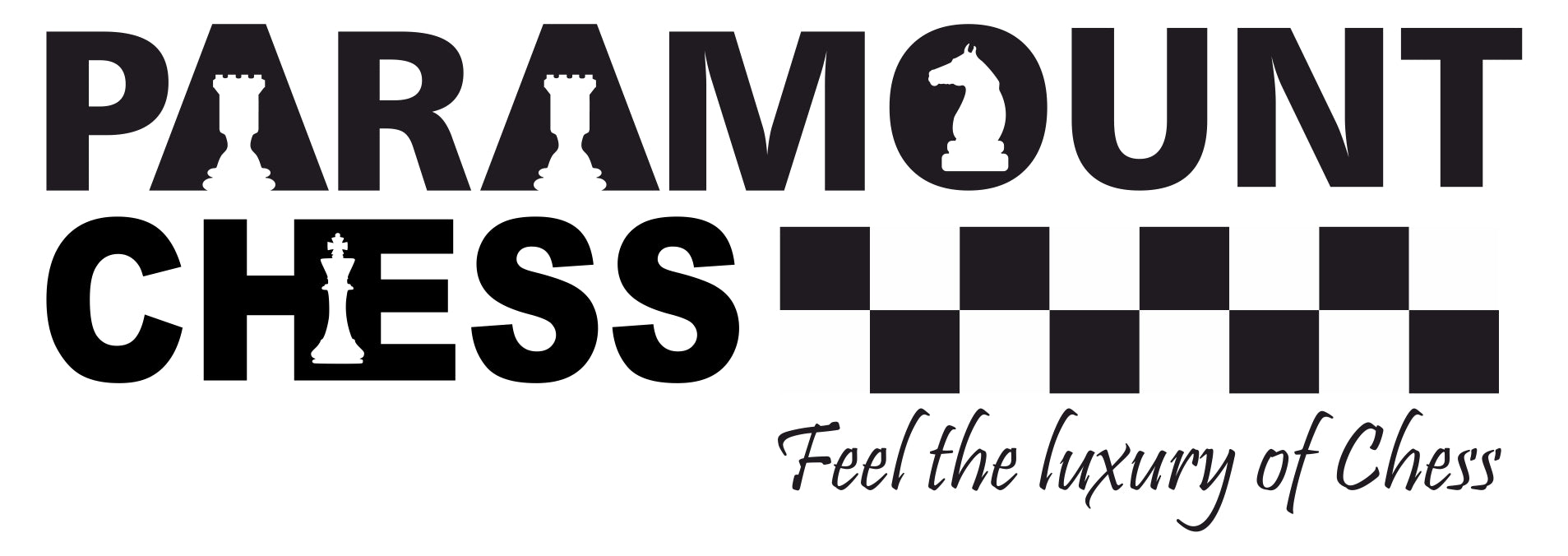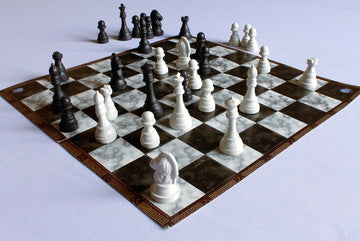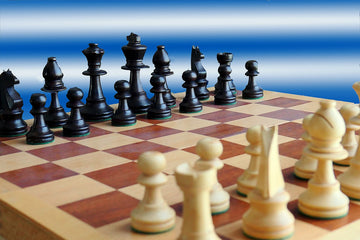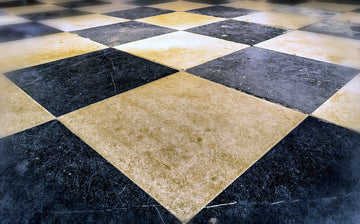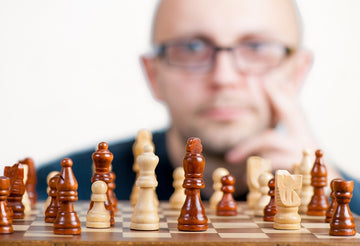
The ultimate goal for a professional chess player is to become a chess grandmaster. This takes years of hardwork and dedication towards the game. There will be failures that should be overcome on the road to Chess Grandmaster. Under proper guidance and discipline, we shall look at the struggles that young players undertake on the road to Chess grandmaster.
Early start
This is probably the biggest advantage that a player can have. Kids being indulged into the ancient game of chess develop skills at a much quicker pace than those that do not. These analytical skills that help them immensely not only in the game of chess but also in life. They develop a deep understanding and appreciation for strategy. Chess is a great tool to teach kids about patience and rewarding them for their hard-work and diligence. Hence, these core values are extremely important to begin the journey towards the coveted title of Chess Grandmaster. Instilling them at an early age would give them a much-needed head start and strong footing to develop their abilities over the years.
Check out our article on Grandmaster Viswanathan Anand that talks about the role that his childhood had in shaping up to become a grandmaster here:
Diligence
Most parents complain about difficulties getting their kids to sit down and work hard on something. It is difficult to accomplish this at an early age. This results in most parents getting frustrated when they have to run around their children to complete their homework. The game of chess can be a great mediator in this tussle. It forces kids to sit down in one place for a while. It makes them focus and work hard on achieving a goal. As stated earlier, it teaches them the value of patience and delayed gratification for their work. These core qualities once ingrained in their nimble minds stay with them till eternity. This not only makes them great people, but also paves the road for the grandmaster title. Another aspect to this is sacrificing. It is a well-known fact that some of the greatest strategies in the world involve a sacrifice for the larger good. Developing this through the game of chess using sacrifices of the major chess pieces to a checkmate as an example, is crucial.
Resources
Access to the right resources can make all the difference in training. To get an early start, kids should be given access to the best chess books, chess tutorials and coaching from the Grandmasters of today so that they can become Grandmasters of tomorrow. Today, it is a lot easier to have access to these resources through multiple domains and the advent of technology. It has bridged gaps in learning that existed before. The right guidance and mentorship is so crucial in todays day and age that without it, most players take years to reach close to the title. Even in the case of Viswanathan Anand, his mother was his mentor and role model and also the one who instilled the chess bug in him.
Exposure
Receiving exposure is the key to success early on in life. This leads to players expanding their horizons, discovering new tactics and strategies. In addition to that, it also emphasizes the role of psychology in the game of chess. To be able to predict your opponent’s next few moves is an art in itself. Doing this through an analysis of the body language is a skill in it’s own. Some players take years to master this. Learning this early on can be a huge benefit. Exposure also brings with it gratification and satisfaction of efforts and sacrifices. It is something that keeps players going through the grind. It also opens avenues for better resources and sponsorships. In a game like chess, only the best of the best make it financially feasible to live off of. Achieving this feat at a young age will prove to be beneficial in the long run.
Official titles
While the above practices are only guidelines, there are certain rules to becoming a grandmaster in chess. The first one is with respect to norms. Players need to score atleast three norms to be a candidate for the title of grandmaster. To score a norm in a particular tournament, the player must have an Elo performance of 2600 or higher in that tournament. The second rule is about the FIDE Rating. To be eligible for the title of Grandmaster, a player must cross the threshold of a 2500 FIDE rating.
To know more about the different titles in chess, check out our article here:
Recently, we were fortunate enough to have an Interview with WIM Priyanka Nutakki. Do read the interview here:
Further reading 1: https://en.chessbase.com/post/road-to-grandmaster Further reading 2: https://www.chess.com/article/view/how-to-become-a-chess-grandmaster
